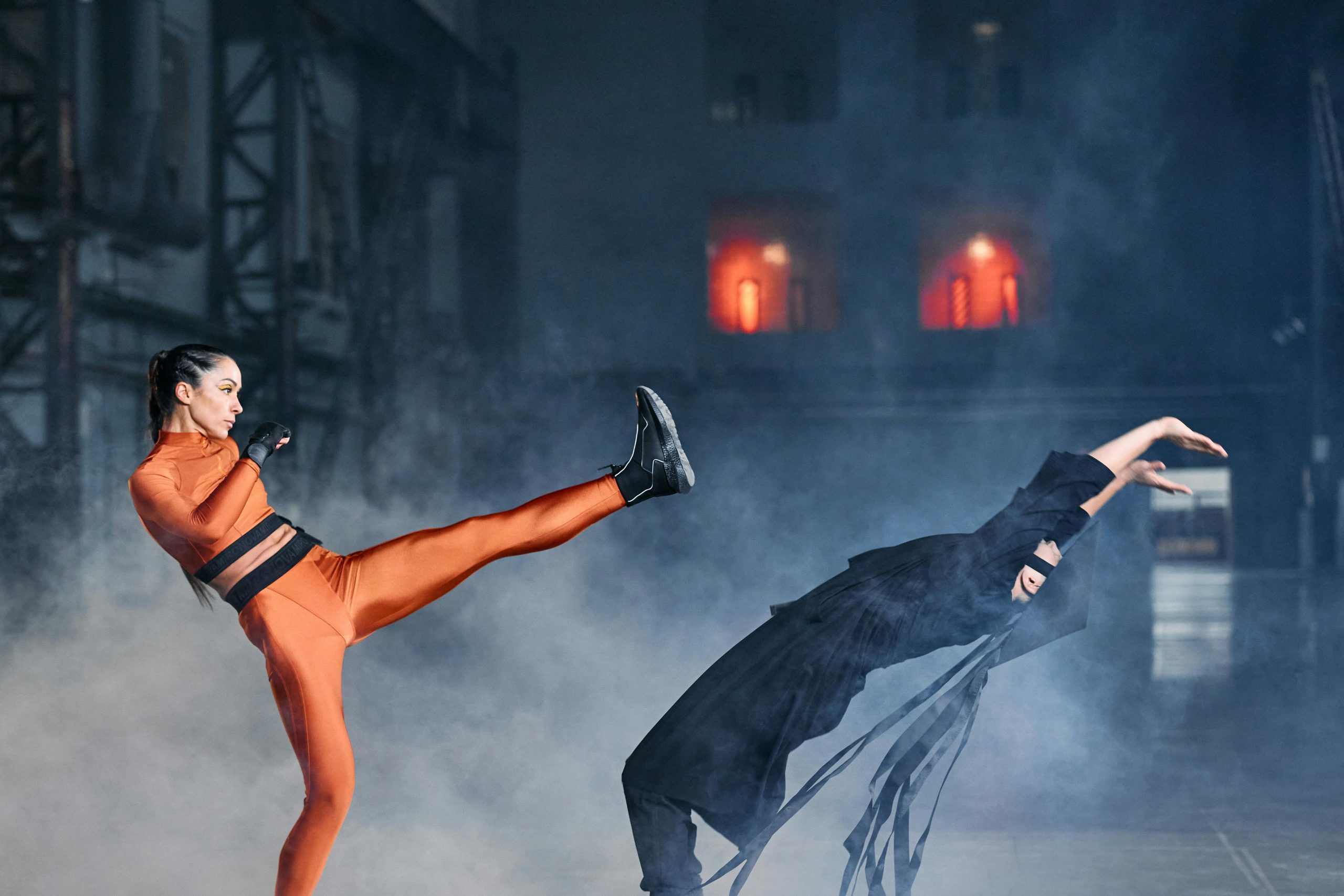The Evolution of Music in Film
Music has always been an integral part of storytelling. It has the power to evoke emotions, create moods, and enhance the overall impact of the visual medium. In film, music plays an important role in engaging the audience and enhancing the cinematic experience. The right music can make a scene more memorable and can even become a defining characteristic of a movie.
From classic scores like John Williams’ work on Star Wars to contemporary soundtracks like the Guardians of the Galaxy series, music in film has come a long way. It has evolved from being just a background score to becoming an important aspect of the narrative. In this article, we will explore the impact of music in film and how it has changed over the years.
The first films had no sound, so there was no music in them. But as soon as sound was introduced, music became an important part of the cinematic experience. In the early days of cinema, live music was played in theaters to accompany silent films. This music was usually played by a pianist or an orchestra, and it was tailored to the mood of the film.
As technology advanced, so did the use of music in film. Composers began to write original scores for films, and soundtracks became more complex. In the 1930s and 1940s, the Golden Age of Hollywood, film scores became more sophisticated, and orchestration became more complex. Composers like Max Steiner and Erich Wolfgang Korngold created iconic scores for movies like Gone with the Wind and The Adventures of Robin Hood.
In the 1960s and 1970s, film scores began to reflect the changing times. The Beatles’ music was used in the film A Hard Day’s Night, and Simon and Garfunkel’s music was used in The Graduate. The use of pop music in film became more common, and filmmakers began to use songs to create a mood or convey a message.
In the 1980s and 1990s, the use of pop music in film became even more prevalent. Iconic soundtracks like the one for Top Gun, which featured songs by Kenny Loggins and Berlin, became hugely popular. The use of music videos to promote films also became more common, with artists like Madonna and Michael Jackson creating music videos that featured clips from their movies.
In recent years, film scores have become more diverse and experimental. Composers like Hans Zimmer and Trent Reznor have pushed the boundaries of what a film score can be, incorporating electronic music and unconventional sounds. The use of pop music in film has also continued, with movies like Guardians of the Galaxy and Suicide Squad featuring popular songs from the 1970s and 1980s.
The Impact of Music in Film
Music can have a profound impact on the way we experience film. It can create a mood, evoke emotions, and even become a defining characteristic of a movie. Here are some of the ways in which music can impact film:
- Setting the Tone: Music can set the tone for a scene or an entire movie. An ominous score can create a sense of tension and foreboding, while a light-hearted score can make a scene feel more playful.
- Enhancing Emotion: Music can enhance the emotion of a scene. A romantic score can make a love scene more poignant, while a sad score can make a death scene more tragic.
- Creating a Memorable Moment: Music can create a memorable moment in a film. Think of the use of the song “As Time Goes By” in Casablanca or the use of “My Heart Will Go On” in Titanic. These moments have become iconic and are forever associated with their respective movies.
- Defining a Movie: Music can become a defining characteristic of a movie. The Star Wars theme, for example, is instantly recognizable and has become synonymous with the franchise.
Career and Education
If you’re interested in pursuing a career in the music industry, there are many paths you can take. You could become a composer, a music supervisor, a sound editor, or a music editor. Each of these roles requires a different skill set and level of expertise.
To get started in the music industry, you’ll need to have a strong foundation in music theory and composition. You’ll also need to know how to use digital audio workstations (DAWs) like Logic Pro and Pro Tools. A degree in music composition or audio engineering can be helpful, but it’s not always necessary.
If you’re interested in learning more about the music industry and how it intersects with other areas of entertainment, you might consider taking an online course like NYU x Billboard | Music Industry Essentials. This course, offered by New York University in partnership with Billboard, covers topics like music publishing, touring, and marketing. It’s a great way to gain a better understanding of the music industry and to network with other aspiring professionals.
Key Takeaways
Music has always been an important part of the film, and its impact has only grown over the years. From classic scores like those created by Max Steiner to contemporary soundtracks like those featured in Guardians of the Galaxy, music has the power to enhance the cinematic experience and create memorable moments.
If you’re interested in pursuing a career in the music industry, there are many paths you can take. Whether you want to become a composer, a music supervisor, or a sound editor, having a strong foundation in music theory and composition is essential. Consider taking an online course like NYU x Billboard | Music Industry Essentials to gain a better understanding of the industry and to network with other aspiring professionals.








